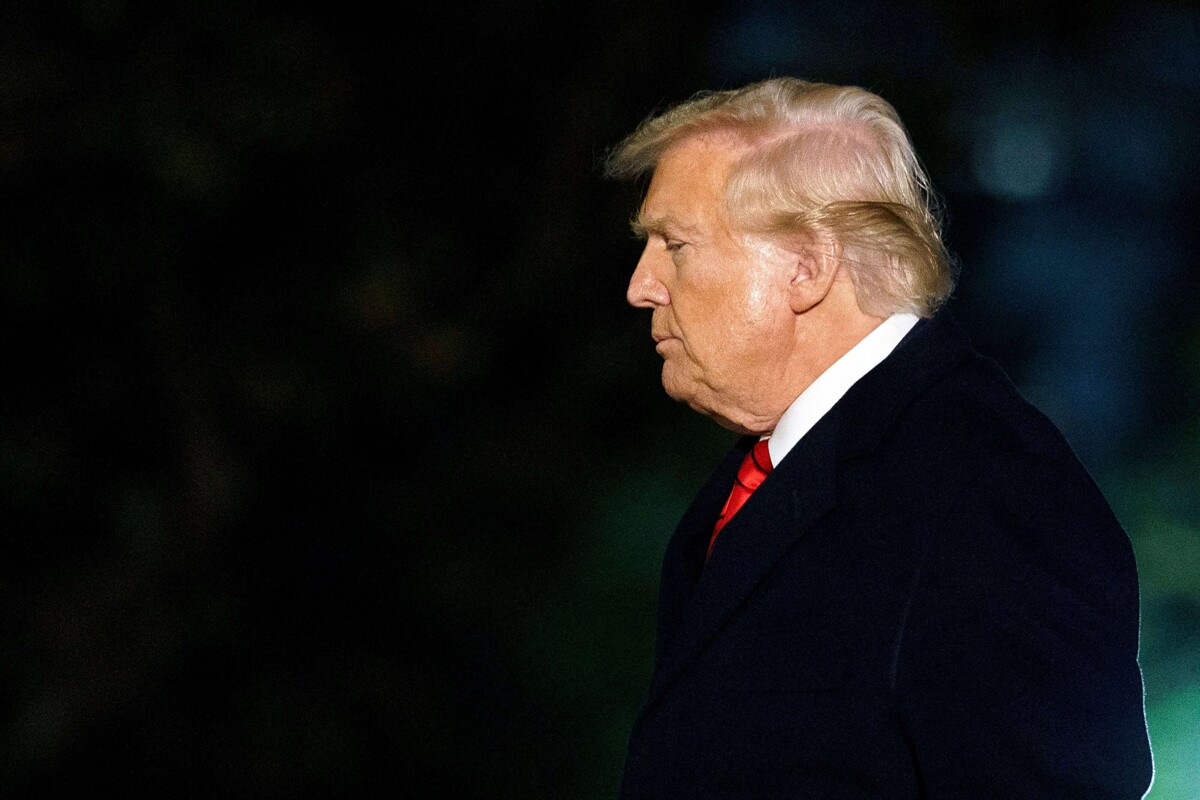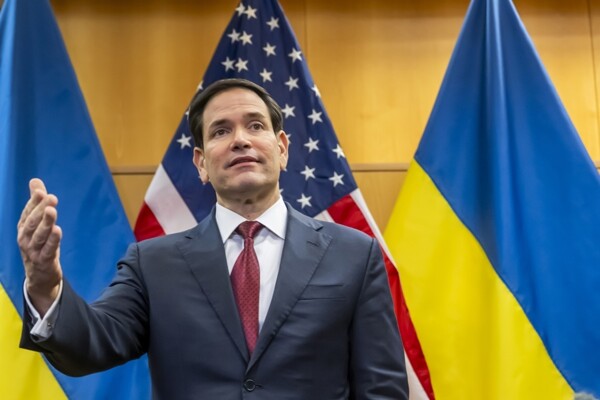
The tax reduction on the profits of large corporations announced by Trump will bring an increase in the public deficit and, consequently, the external deficit. The tariffs imposed by Trump on Mexico have various objectives, including pressuring Mexico to combat the sale of fentanyl to the U.S., reinforcing immigration control, and promoting manufacturing production on U.S. soil instead of in Mexico, with the idea of reducing the trade deficit between the two countries.
The request from the president of Honduras for an emergency CELAC meeting failed due to the deep divisions in Latin America and the perception of trying to strengthen Bolivarian governments, which was considered counterproductive. Trump's view of the world is influenced by ignorance, nativism, and xenophobia, which, according to some, may lead to a closer approach of Latin American countries to China. In turn, Russia and China could take advantage of U.S. territorial ambitions to seek a new global agreement.
Russia seeks to expand territorially in Ukraine and other former Soviet republics, while China is interested in claiming Taiwan and the South China Sea. Trump's proposals to take over Greenland, reclaim the Panama Canal, and turn Canada into a state could weaken U.S. alliances regarding China and Russia. The expulsion of migrants could raise wage costs, and Trump's attack on the multilateral system is linked to demands from the U.S. far-right, which rejects a global government it considers dominated by a liberal agenda.
Internally, the U.S. industry and civil society resist Trump's policies that affect cooperation with other countries. Globally, the formation of coalitions among traditional U.S. allies is anticipated. Macroeconomically, the public deficit is crucial to the external deficit. Global cooperation is essential to address challenges such as reducing greenhouse gas emissions, preventing pandemics, and preventing the proliferation of nuclear weapons.














